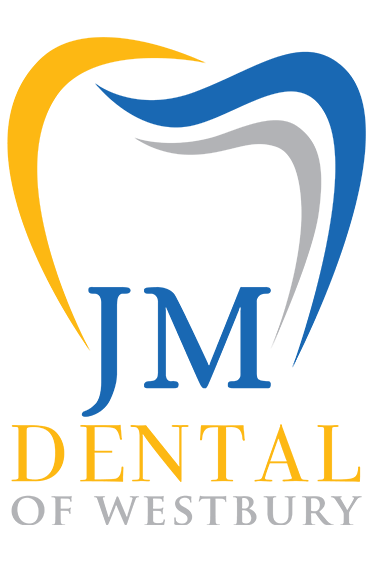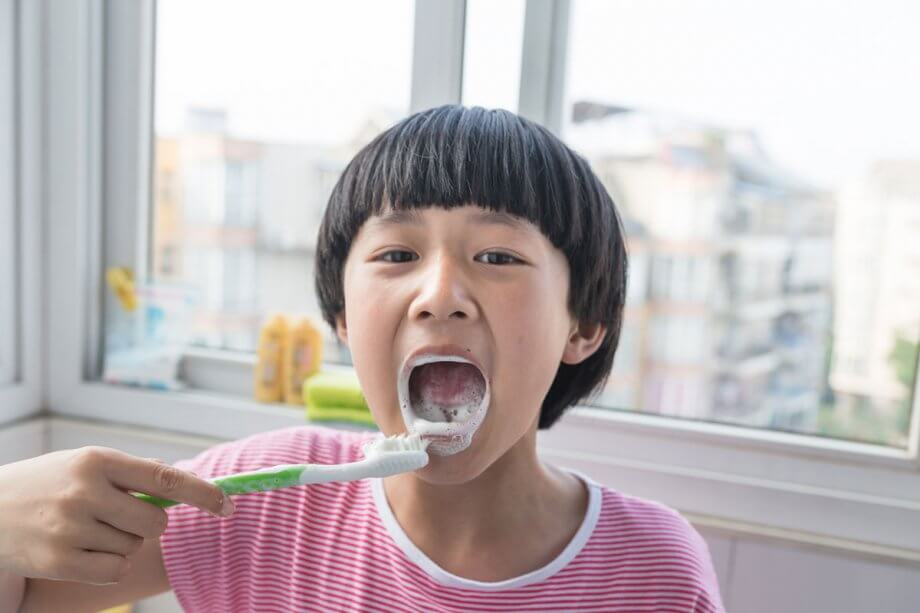While brushing your teeth might seem like a simple, rudimentary skill, there are right and wrong ways to brush your teeth. Simply making any kind of an effort to brush or floss can work wonders to improve your dental health. However, to get the maximum benefit of brushing, it’s essential to brush your teeth properly.
How to Brush Your Teeth Properly
Use the Right Tools
First, start with the right tools. You’ll want to choose a soft-bristle brush. While not imperative, an electric toothbrush generally does a better job than a manual one. You will also want to select the appropriate toothpaste. Most dentists and experts in the field of dental care recommend choosing a toothpaste that contains fluoride, a cavity-fighting ingredient. Three types of fluoride may be listed on toothpaste ingredient labels, all of which are equally effective: sodium fluoride, stannous fluoride, and sodium monofluorophosphate.
Learn the Right Technique
Next, pay attention to your tooth brushing techniques. Hold the brush at a 45-degree angle to your gums. Use short, overlapping strokes that are tooth-wide to brush all surfaces of your teeth, including the inner, outer, and chewing surfaces. Be careful not to brush too hard or on your gums, as you can irritate these sensitive tissues.
When to Brush
You should brush for at least two minutes twice daily. Most dentists recommend dividing your mouth into sections and spending equal time on each section.
However, timing is important. Avoid brushing right after eating—it’s best to wait 15-20 minutes after eating to brush your teeth. You should also brush your teeth last thing before bed to remove plaque before saliva flow decreases overnight.
You should also clean between your teeth, usually with floss, at least once per day.
Note that you can tell if you're not brushing your teeth properly if your gums are bright red or bleed when you floss. Healthy gums are a fleshy pink color and shouldn’t bleed when you brush or floss.
Frequently Asked Questions About Dental Hygiene
What is Dental Plaque, and Why Is It Harmful?
Dental plaque is a buildup of food particles and bacteria that can erode your teeth if left untreated. It is a sticky film of bacteria that constantly forms on your teeth. It's harmful because the bacteria in plaque produce acids that can damage tooth enamel, leading to cavities and gum disease if not regularly removed through regular brushing and flossing.
Should I Use Mouthwash?
While mouthwash won’t replace flossing or brushing, it can be an excellent addition to your oral hygiene routine. Using a mouthwash that contains fluoride can help prevent tooth decay, as it strengthens teeth against the effects of cavity-causing bacteria .
JM Dental of Westbury: Your Partners in Dental Health
In addition to proper brushing and flossing at home, it’s imperative to have a reputable dentist you trust. You should see your dentist approximately twice per year for a cleaning and a check up. These cleanings can help compliment the dental hygiene you perform at home. Contact JM Dental of Westbury today to learn more about taking care of your teeth. We can be reached at 516-334-3444 or contact us online.

